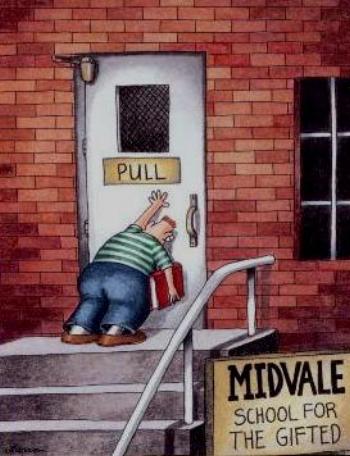Don2 (Don1 Revised)
Contributor
Don, not to quote your whole thread
It is a minor difference between cafe and restaurant. Both are public places and their service is providing food and allowing their customers to sit at the tables to enjoy that product. Because a place is public does not mean that everything goes. If you walked into a bedroom store and went to sleep on the coach they would ask you to leave. You can't go into a Chilis with a please wait to be seated sign and just decide to sit at any open table. Restaurants also have different policies regarding seating full parties.
I am just referring to just the Starbucks case here for the trespassing.
The collective group would be a little more interesting because if you had a party of 20 and only 4 were eating, they would not be required to arrange the tables for 20 people in that case.
In a Starbucks or coffee house, there would be no seating by a host and there would be plenty of informal, lax seating sometimes including couches where 20 or so people could sit and play D&D or magic or have a political meeting. In the Starbucks 2 people were not ready to order at a maximum and may have ordered later with the addition of a third who planned the location and likely would have ordered. This makes it within the conventions of coffeehouses and basically what everyone else was doing there. A cloud of suspicion is on the employee for questioning the potential customers going to use the bathroom since they were black and questioned when they could have been customers later or the third member could have been a customer, but moreover having called the police was inappropriate without a full accounting of understanding of the entire group that would arrive and their intent to be customers later.
In regard to restaurant seating, whatever restrictions you come up with, they are not relevant at all to a coffeehouse because it is looser there and in the Waffle House that was a restaurant and not a coffeehouse, there was no seating issue or anyone asking the potential customer to leave.
Therefore, I don't see how your post really addresses what I had written. I suggest it would be better if you took some time to read it, let it sink in, and then respond in full.


